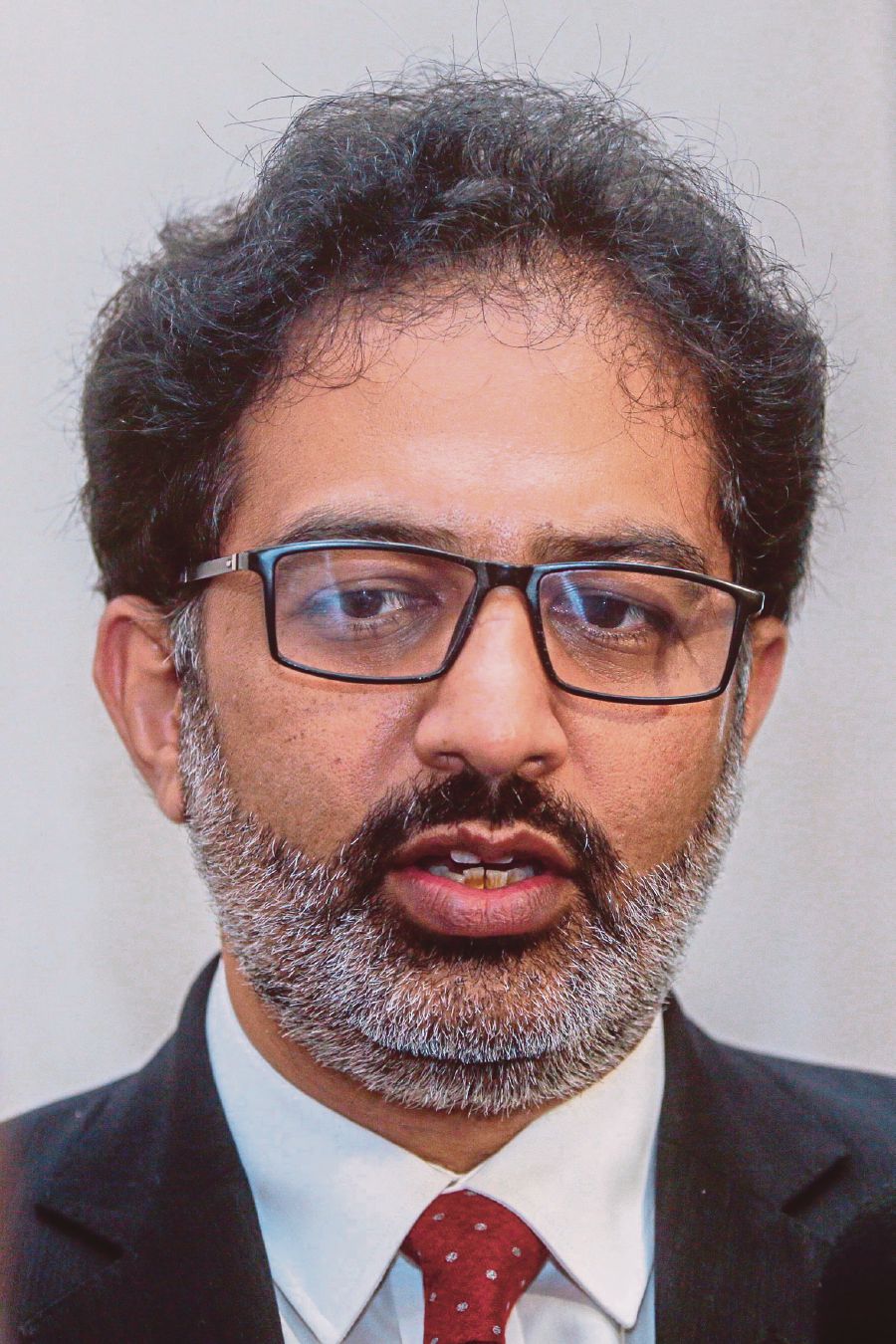Illicit trade costing Malaysia almost RM8 billion a year
Publish date: Thu, 22 Mar 2018, 03:14 AM
KUALA LUMPUR: Malaysia needs more coordinated efforts between the private and public sectors to effectively tackle illicit trade, said Institute for Democracy and Economic Affairs Director of Research, Ali Salman.
He said the government has been losing a substantial amount of tax revenue - close to an estimated RM8 billion a year - due to illicit trade, mainly involving tobacco, food and beverages, machinery and motor vehicle parts.
"When we see the introduction of new regulations, stricter implementation of the rules, and when government agencies are more involved and more coordinated, then we will see improvements in curbing illicit trade," he told reporters during the Global Illicit Trade Summit here today.
He said Malaysia was slightly above average in controlling counterfeit and contraband products compared to other countries, adding that the Malaysian authorities had been successful in reducing the number of illegal digital video discs on the streets.
"However, there is room for improvement. There is a need for meaningful engagement between the private sector and the government, and a need to reach a consensus on the definition of illicit trade in order to control it," Ali said.

He said the government needed to fix the gap between understanding the problem of illicit trade and implementation of solutions.
Meanwhile, KDJLaw Enforcement Consultant, Guna Selan Marian, said as consumers moved towards online marketplaces, a lot of counterfeit goods had also moved to online platforms.
He said this created a major problem, especially for authorities, because online goods were bought in small packages.
"We want to fight illicit trade, which includes counterfeit goods, but it comes into the country in small packages, we can't check every package that comes in.
"The authorities must find ways to tackle the problem and the customers themselves must be educated," said Guna Selan, formerly a senior enforcement officer at the Ministry of Domestic Trade, Cooperatives and Consumerism.
Over 120 experts from government, law enforcement agencies, international organisations, industries and academia across the region attended the second Global Illicit Trade Summit, hosted by The Economist Events.
During the event, Normah Osman, Senior Director of the Multilateral Trade Policy and Negotiations division, Ministry of International Trade and Industry Malaysia said consumers were naturally attracted to counterfeit products due to the lower prices and the social status conferred by the access to premium brands.
"Sometimes, purchasers are not even aware they are participating in illicit activity as they are duped into thinking they are purchasing genuine items, when in reality, they have bought knock-offs," she said.
Another key highlight of the event was the panel discussions on the importance of global regulatory frameworks that has allowed counterfeiters to benefit across borders and the role of governance to curb illicit trade. - BERNAMA
Discussions
Everyone knows that but see what happened in the recent KL airport reshuffling of authority personnel, you know what it indicates. Academic is only good for talking and talking.
2018-03-23 08:03





















hstha
Steel stocks poised for re-rating | http://www.klsescreener.com/v2/news/view/356133
2018-03-23 00:50